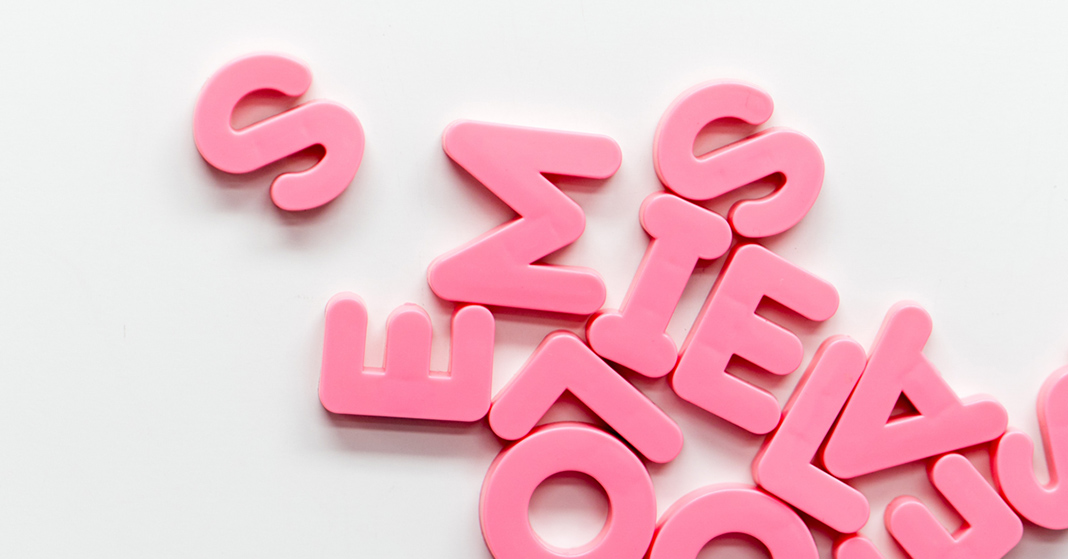
Last week my four-year-old and my nine-year-old were arguing over the ownership of a toy. Unlike many toys in our house, this one was clearly labeled with the owner’s name. But my four-year-old can’t read yet. She is, however, learning to recognize letters, so I decided that this was a good time to introduce her to letter-sound associations. Our conversation went like this:
Mom: (pointing to the first letter of the owner’s name) What letter is this?
Four-year-old: E.
Mom: Do you remember some words that start with E?
Four-year-old: Eggs, elephant, elbow.
Mom: That’s right! E makes the /ĕ/ sound like in elephant. Does your name start with the /ĕ/ sound?
Four-year-old: (shakes her head)
Mom: Do you know someone in our family whose name starts with the /ĕ/ sound?
At this point, my daughter knew who the toy belonged to. And she had used phonics to figure it out. Our impromptu lesson was a success!
Phonics is a term that refers to the association between the printed letter and the sound that letter represents. Most reading curricula include phonics instruction—without phonics, we would have difficulty reading unfamiliar words. But phonics instruction can get really complicated; the English language has only 26 letters, but they represent 44 distinct sounds. That’s why most phonics programs (including the one from BJU Press) begin by teaching children the names of the letters and then the sounds that the letters make at the beginning of words. Later they will listen for sounds at the end and sounds in the middle of the word.
How can you as a homeschool mom help your pre-reader learn those beginning sounds and get a good foundation for future phonics learning? Here are a few ideas.
Read to Your Child
The importance of reading to your child cannot be overemphasized. Every time you read to your child, you’re helping him or her develop several key pre-reading skills, including phonemic awareness, print awareness, vocabulary development, and more. Reading alphabet books such as the following may specifically help with letter-sound associations.
- I Spy Letters (by Jean Marzollo)
- Seuss’s Alphabet Book
- The Alphabet Book (P. D. Eastman)
Play Letter Games
Games can make learning fun. Here are a few phonics games that all my children (even the older ones) enjoy.
- Alphabet Bingo: Years ago, when one of my daughters was having difficulty with phonics, I picked up an inexpensive alphabet bingo game similar to the one on The Measured Mom. My kids still enjoy playing it!
- Give your child several alphabet flash cards (a few at a time) and name an object that starts with one of the letters. See if your child can identify what letter the word for that object starts with.
- Play a letter-sound matching game with this free printable from Totschooling and letter magnets or puzzle pieces.
Consider a Pre-Kindergarten Curriculum for Homeschooling Phonics
If your child is four (or close to it), you may also want to check out the Footsteps for Fours program from BJU Press to teach your child pre-reading and math skills as a preparation for kindergarten. We’re using it for the first time with our four-year-old daughter, and she loves it. She enjoys doing “school” like the older girls, and she’s learning a lot of foundational skills that will prepare her well for a future of learning.
Leave a Reply